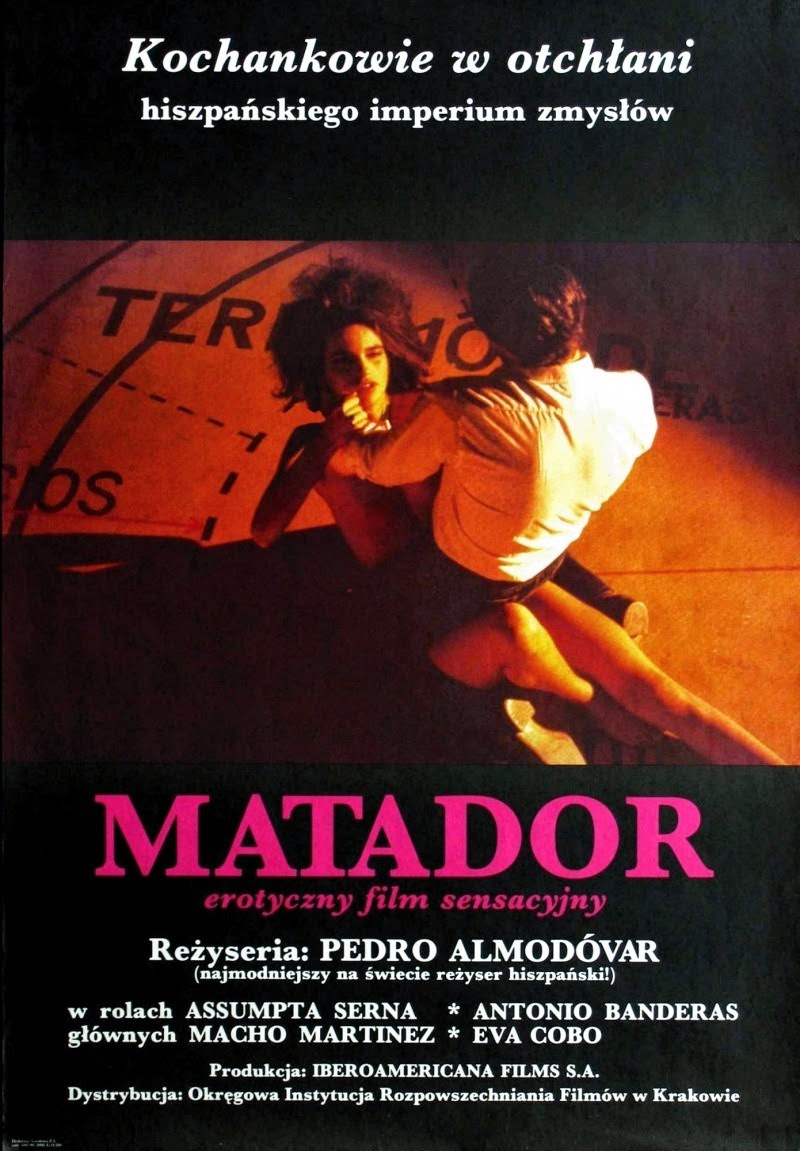Matador 1986 is a term that evokes a deep sense of nostalgia and intrigue for enthusiasts of classic cinema and storytelling. Directed by the visionary Spanish filmmaker Pedro Almodóvar, this masterpiece marked a turning point in the world of arthouse films, blending provocative themes with breathtaking visual storytelling. Its exploration of morality, passion, and human complexity resonates with audiences even decades after its release, solidifying its status as one of the most iconic films of the 1980s.
Set against the backdrop of Spain’s vibrant cultural and social fabric, Matador 1986 is more than just a film; it’s a rich tapestry of art, symbolism, and emotional depth. Almodóvar, known for his bold approach to storytelling, delivered a narrative that challenges societal norms while highlighting the beauty and intricacies of human relationships. Each frame of this film is a testament to the director’s unparalleled vision, blending traditional Spanish motifs with modernist cinematic techniques.
Whether you’re a seasoned cinephile or a newcomer eager to delve into the golden era of European cinema, Matador 1986 offers a mesmerizing journey into a world of passion, artistry, and raw human emotion. This article will explore every facet of this iconic film, from its origins and production to its thematic elements and cultural significance. We’ll also take an in-depth look at the key figures behind its success and the lasting impact it has left on global cinema.
Table of Contents
- Biography of Pedro Almodóvar
- Personal Details of Key Cast
- Plot Summary of Matador 1986
- Production and Direction
- Thematic Exploration
- Cinematography and Visual Style
- Music and Score
- Critical Reception
- Awards and Recognition
- Cultural Significance
- Influence on Modern Cinema
- Behind-the-Scenes Facts
- Legacy of Matador 1986
- Frequently Asked Questions
- Conclusion
Biography of Pedro Almodóvar
Pedro Almodóvar, the mastermind behind Matador 1986, is one of the most celebrated filmmakers of his time. Born on September 25, 1949, in Calzada de Calatrava, Spain, Almodóvar's journey into cinema began in the vibrant cultural upheaval of post-Franco Spain. His unique perspective and fearless storytelling earned him recognition as a pioneer in Spanish cinema.
Personal Details of Pedro Almodóvar:
| Full Name | Pedro Almodóvar Caballero |
|---|---|
| Birth Date | September 25, 1949 |
| Birthplace | Calzada de Calatrava, Ciudad Real, Spain |
| Profession | Filmmaker, Screenwriter, Producer |
| Debut Film | Pepi, Luci, Bom (1980) |
| Accolades | Academy Award, BAFTA Awards, Cannes Film Festival recognitions |
Almodóvar's early works were heavily influenced by the La Movida Madrileña, a countercultural movement in Madrid during the late 1970s and early 1980s. His films often explore taboo subjects, complex characters, and vibrant aesthetics, making him a trailblazer in the world of cinema.
Article Recommendations
- Uncover The Value Costco One Day Membership At An Exceptional Price
- Discover The Ultimate Guide To 4401493 Your Comprehensive Resource
- A Complete Guide To Oneword Broadway Plays From A To Z

